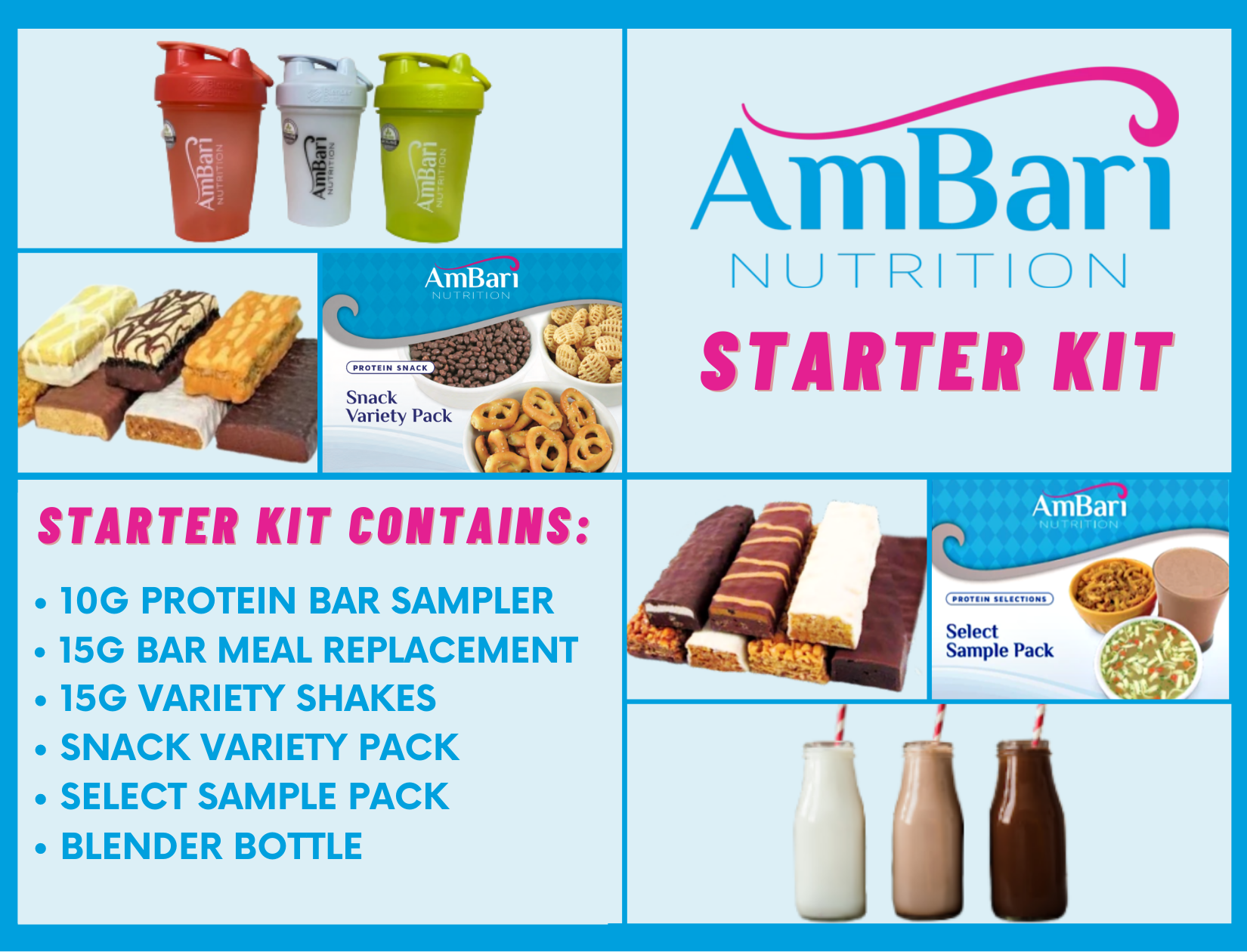Menu
Your cart is empty
Looks like you haven't added anything to your cart yet

Why Weight Loss Surgery Works When Diets Don’t
Weight loss surgery is the most successful weight loss solution of modern times, with nearly every patient maintaining their weight loss over the long term. Though studies show 3.4% of weight loss surgery patients return to within 5% of their pre-surgery weight within ten years, doctors and patients agree that surgery is highly effective.
The surgery isn’t magic on its own but requires the patient to make major lifestyle changes, adjust their eating habits, and exercise to lose weight and keep it off.
Which brings up the question: if you have to diet with weight loss surgery anyway, why is surgery effective when dieting alone doesn’t work?
What Happens to Your Body After Weight Loss Surgery
Studies show that relying on willpower alone isn’t enough to lose weight and keep it off, especially if you have been overweight for an extended period of time. Many patients will work hard to eat better and exercise, but the weight they lose in the course of a year may all come back within a couple of months.
This is because the body is fighting just as hard to keep the weight as you are fighting to lose it. It defends itself against weight loss by dropping its metabolic rate and physically altering the contours of your digestive tract. This isn’t something that you experience with bariatric surgery.
In addition, while dieting focuses on calories and food choices, surgery forces your body to change the way you eat.
Weight loss surgery typically takes one of two forms: the doctor creates a small pouch in your stomach or separates and removes part of the stomach. In either case, the goal is to restrict the amount of food you intake, which in turn limits the number of calories you consume. Also, surgery can reroute the food’s path through your body so that you aren’t absorbing as many nutrients and calories.
Anyone can follow a diet plan for 30 days and abstain from carbs, sweets, or sodas. But when you have weight loss surgery, these things don’t just derail your diet — they can actually be dangerous to your health. For example, the carbonation in a soda can make your stomach expand, and given the reduced size of your stomach, this could be extremely painful. Plus, soda acts as a diuretic, which means you may need to drink more than the recommended 64 oz of water each day to stay hydrated.
Because of the limitations placed on your body, weight loss surgery patients are physically forced to make better food choices rather than relying on willpower alone. Because you aren’t able to consume as much food as you’re used to, you become more selective about the foods you eat, and these choices become habits over time.
Benefits of Surgery You Don’t Always Get with Dieting
As the weight comes off, your body begins to reverse the devastating effects that being overweight has made on your life. Patients who undergo surgery versus dieting alone report feeling better physically, emotionally, and mentally. They have fewer problems with pain, mobility, depression, and other feelings of well-being.
Medical benefits are also hard to ignore. Those who opt for surgery also experience improvements in blood sugar and lipid levels. It often puts Type II diabetes into remission. It’s cured sleep apnea and reduces cardiovascular risks.
The benefits of weight loss surgery go beyond the number on the scale. Dieting alone may not be sufficient enough to produce the multitude of health improvements offered by weight loss surgery, which is why it remains one of the most powerful solutions we have to date.
Bottom Line: Is Weight Loss Surgery Right for You?
Weight loss surgery is a highly effective tool, but it’s not without its risks. It’s a complicated medical procedure performed by a surgeon. Once you undergo surgery, you’ll be on a strict liquid diet for the first two weeks as your body adjusts to the procedure. You’ll be facing an entirely different way of eating, and it’s not something you can arbitrarily choose to quit if you decide that the lifestyle changes are too difficult.
Weight loss surgery comes with a typical price tag of about $30,000, but the costs of staying obese can far outweigh what you’ll spend on surgery. Surgery is one of the most underutilized tools available, given its effectiveness, but it’s important to consider the total picture before proceeding.
Your best course of action is to talk with your doctor to see if you’re a candidate for weight loss surgery. He or she can give you more insight into the procedure, help you weigh risks versus benefits, and set realistic expectations for the results you might achieve.
In the meantime, check out our blog for more weight loss inspiration and resources.
- Choosing a selection results in a full page refresh.




































